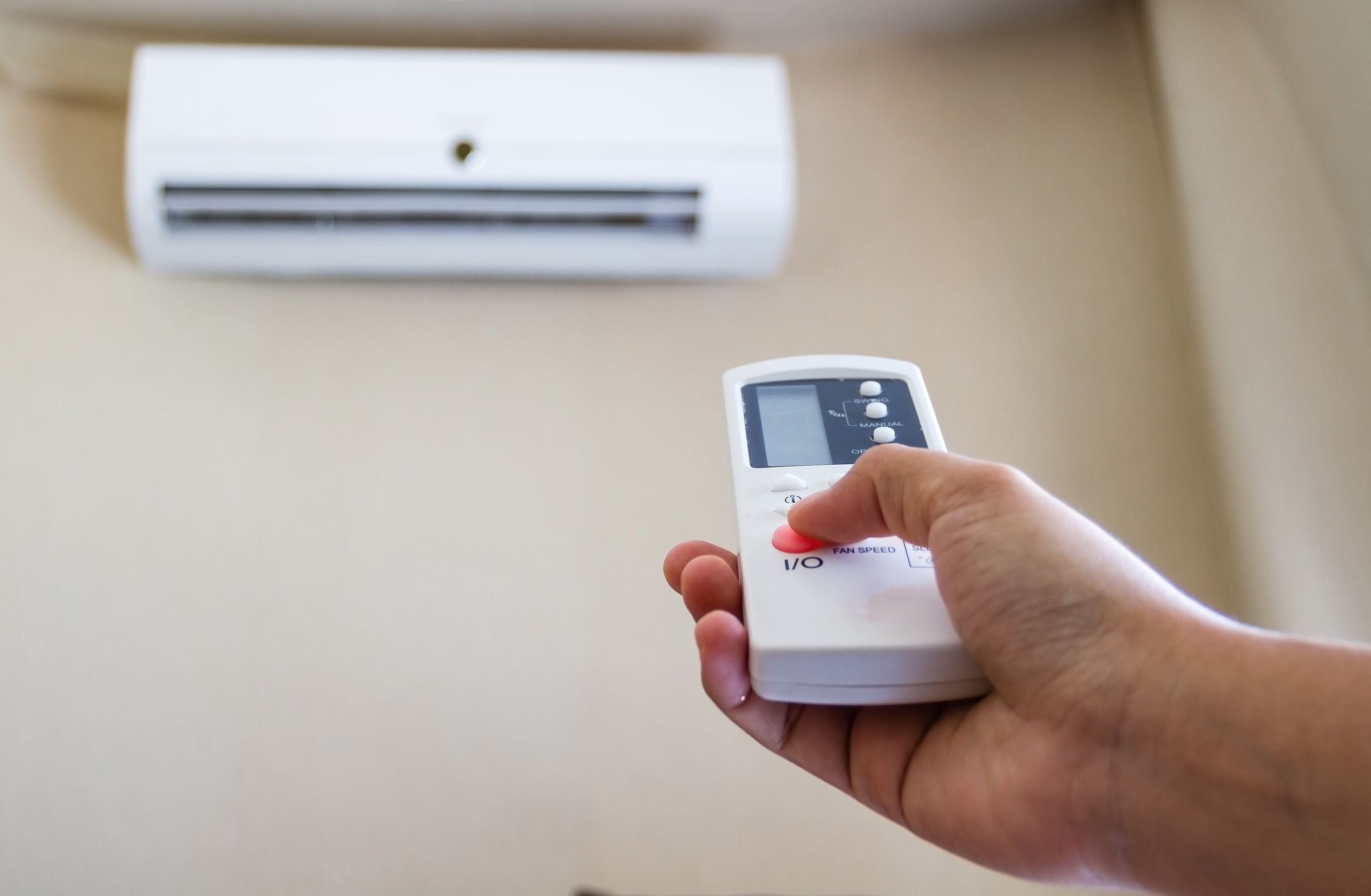We all like to keep warm during winter – but we all love to avoid the huge power bills that can go with using extra energy when heating your household.
Government agency Gen Less is dedicated to mobilising New Zealanders to be world leaders in clean and clever energy use.
Supported by the Energy Efficiency and Conservation Authority, Gen Less has its own website at: www.genless.govt.nz with information and resources exploring the many ways Kiwi cans make more energy-efficient choices.
Here’s some of their advice on how to keep bills as low as possible while keeping warm.
Power plan
First, check your household is on the right power plan. “Not all electricity plans are created equal. Your usage might have changed since you last signed up, and the best plan for you a year ago might not be the best one now.
“Use Powerswitch to compare plans and providers at: www.powerswitch.org.nz
Draughts
Block any draughts in your home. “Can you feel a breeze under the door or around the windows? That’s your heating money escaping.
“Seal up sneaky gaps with draught stoppers, door snakes or weather stripping. If you have a classically Kiwi draughty house, this is one of the cheapest ways to stay warm and could cut your power bill.”
Insulation
Ensuring your home is properly insulated will mean your heat source won’t have to work as hard and you won’t pay as much in bills each month.
Start from the top with your ceiling insulation, and make sure heat can’t escape. Then tackle the accessible spaces between the ground and floor. Lastly, keep the heat on your side of the glass with wall solutions to fit most budgets.
Rooms in use
Focus on heating only the rooms you’re using, close doors to the others. Use a timer to warm the room before you need it, and switch off when you don’t need it. You can buy a separate timer plug if your heater doesn’t have one built in.
When not heating, open your windows for 10 minutes to let damp air out and fresh air in. Close curtains or blinds at sunset to retain heat and prevent warmth from escaping.
Heat pumps
If you’re using a heat pump, make it work smarter. Clean filters once-monthly – dust and debris build-up forces the system to work harder – and set the temperature to 21C. If you have older people or young babies at home, it might need to be a little higher.
Hot water
Set the maximum temperature of your hot water system to 60C. Higher temperatures waste energy and increase risk of scalding. Try to use less hot water. Use cold water only in the washing machine and shower rather than bath – and have a time limit. Cutting your shower time from 15 minutes to 5 minutes can save you around 66c per shower – that’s around $5 per person per week! Only run full loads in the dishwasher and washing machine.
LED lights
Is your household still using old incandescent or halogen bulbs? Gen Less said LED lightbulbs use way less power and last longer.
“LED lightbulbs use around 85% less energy and last longer than traditional incandescent bulbs – and they’re safer for your home.
“Replacing the bulbs in your home with LEDs can save you money on your power bills, and reduce the number of replacements you need to make.”
Get help
Every family deserves a warm, dry home. Warmer Kiwi Homes covers 80%-90% of the costs to purchase and install insulation and up to 80% off an efficient heater, to help you save money on your power bills while you enjoy a warmer, healthier home.
You may be eligible if you own and live in a home built before 2008, live in an area identified as lower income, or have a Community Services/Gold card. Check your eligibility at: www.eeca.govt.nz/co-funding-and-support/products/warmer-kiwi-homes-programme
Get more helpful information at: www.genless.govt.nz

